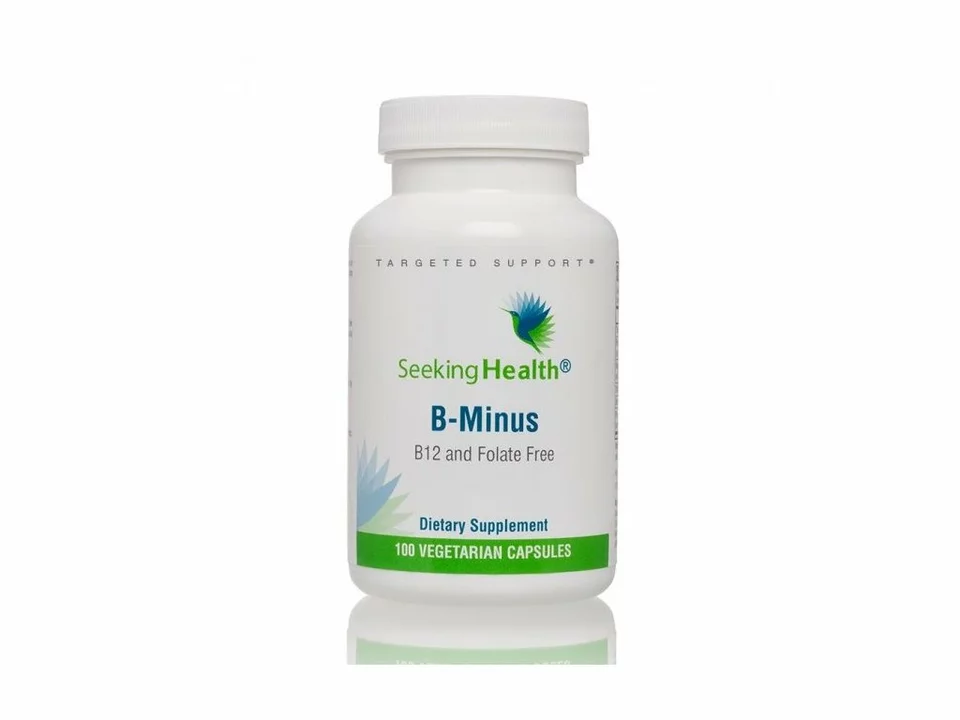Thiamine (Vitamin B1): What It Does and Why It Matters
Thiamine, or vitamin B1, helps your body turn food into energy and keeps nerves working properly. Low thiamine shows up as tiredness, foggy thinking, tingling in hands or feet, and in severe cases heart or brain problems. Most people get enough from food, but certain situations raise the risk of a shortfall — and knowing what to look for can save you trouble.
Who needs more thiamine?
If you drink heavily, have had bariatric surgery, suffer from malabsorption, are on long-term dialysis, or take certain diuretics, your thiamine needs can go up. Older adults who eat less variety and people on restrictive diets can also be at risk. Pregnant and breastfeeding women need a bit more: around 1.4 mg/day. For most adults, daily needs are roughly 1.1 mg for women and 1.2 mg for men.
Alcohol reduces thiamine absorption and increases how fast the body uses it. That’s why chronic alcohol use is the most common cause of severe thiamine deficiency, which can lead to Wernicke encephalopathy — confusion, balance problems, and eye movement issues — and later memory problems if untreated.
Food sources and supplements
Good food sources include pork, fortified cereals, whole grains, beans, peas, sunflower seeds, and nutritional yeast. Thiamine is water-soluble and sensitive to heat, so boiling foods can lower the amount you get. Choose steaming or quick cooking when possible.
Supplements come as thiamine hydrochloride or thiamine mononitrate (standard forms) and as benfotiamine, a fat-soluble derivative that some studies show may be better absorbed and useful for nerve pain. If you suspect a deficiency or are in a high-risk group, discuss testing and dosage with your clinician before starting supplements.
Routine blood tests can measure thiamine status, though doctors sometimes make the call based on symptoms and risk factors. If someone shows signs of severe deficiency, medical teams may give high-dose thiamine by injection because rapid replacement can prevent lasting damage.
Small practical tips: add fortified cereal or nutritional yeast to meals, snack on sunflower seeds, and swap refined grains for whole-grain options. If you drink vodka frequently or follow a very restrictive diet, mention thiamine to your doctor — it’s a cheap, low-risk fix in most cases and can prevent serious problems.
Want to boost thiamine without pills? Try a breakfast of fortified cereal with milk and a handful of sunflower seeds, or a dinner of grilled pork with a side of peas and brown rice. If you're exploring supplements, consider benfotiamine for nerve concerns but check with your provider about interactions and proper dosing.
Thiamine matters more than most people realize because it keeps energy production and nerves running smoothly. Watch for persistent fatigue, numbness, balance trouble, or memory changes and get checked — catching a shortfall early is straightforward and treatable.

Why Thiamine is the Must-Have Dietary Supplement for Optimal Health
- 15 Comments
- May, 13 2023
As a health enthusiast, I've recently discovered the importance of thiamine for optimal health. Also known as vitamin B1, thiamine plays a crucial role in energy production and supports brain function. After researching, I found out that deficiencies in thiamine can lead to fatigue, memory problems, and even heart issues. To maintain a healthy lifestyle, I've started taking thiamine supplements, and I genuinely feel the positive impact on my overall well-being. If you're looking to boost your health, I highly recommend adding thiamine to your daily supplement routine.




